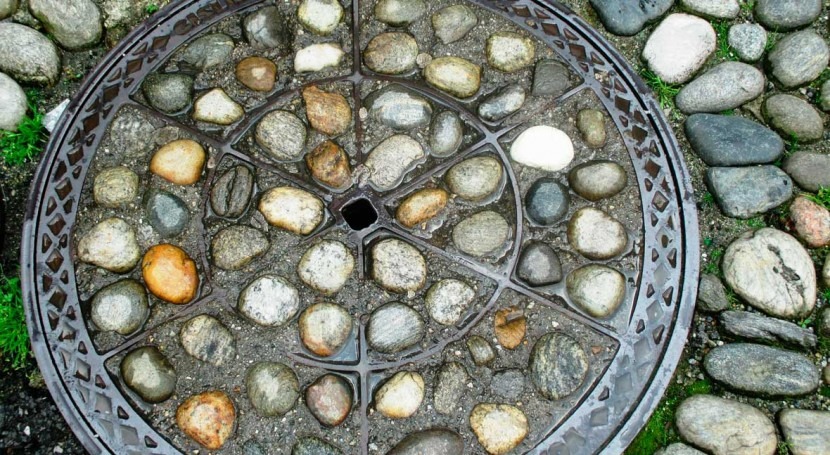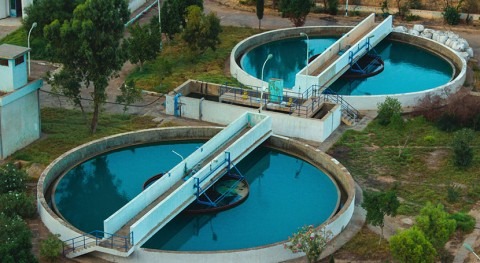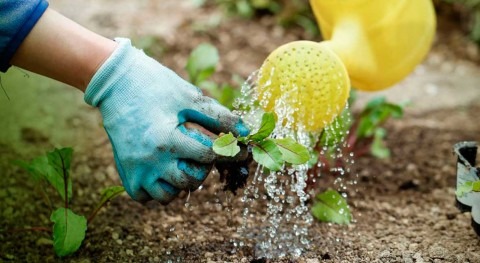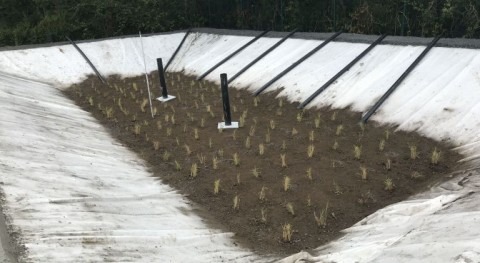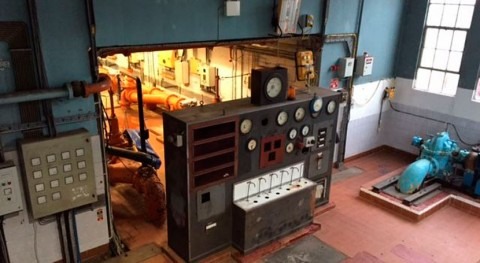Irish Water’s investment in wastewater infrastructure is to increase to almost €400 million in 2020 as the amount invested in upgrading wastewater infrastructure matches the investment in drinking water for the first time. This reflects a steady increase in investment as more projects move from the design and planning stages through to construction.
The progress made by Irish Water in 2018 to ensure the development and delivery of solutions to support the safe return of wastewater to the environment is demonstrated in the EPA’s annual Urban Wastewater Treatment Report.
Irish Water is on track to deliver a programme of unprecedented scale to stop the discharge of untreated or inadequately treated wastewater into our seas, lakes and rivers. Since 2014, Irish Water has stopped approximately 44% of untreated and inadequately treated wastewater that was being discharged to our rivers, lakes and the sea.
In 2018, Irish Water invested a total of €230 million in its wastewater infrastructure programme to improve Ireland’s wastewater infrastructure, removing 12 areas from the priority list and bringing seven large urban areas into compliance with the EU standards. This investment is reflective of the phase of project development where spending ramps up when construction starts.
Irish Water upgraded or built wastewater treatment plants in 20 locations across the country to safeguard the environment, support economic development and provide capacity for new homes and future development. Many more wastewater projects are currently in the design and planning stage to address the remaining non-compliant areas including Arklow and Ringsend.
The amount invested in upgrading wastewater infrastructure matches the investment in drinking water for the first time
One of the challenges associated with wastewater infrastructure is the lack of data and models on the national sewer network, which is essential for understanding the causes of deficiencies such as overflows and sewer flooding. Irish Water is undertaking a number of national programmes to map, monitor and assess the wastewater networks for the first time.
Under these programmes, in 2018 Irish Water assessed over 10,000 Kilometers of sewer, carried-out cleaning works on over 120 Kilometers and rehabilitation works on over 45 Kilometers of sewer to allow them to function more effectively.
The estimated 2,200 storm water overflows on the wastewater network carry out a vital function in preventing flooding to property and roads. However some storm water overflows can temporarily impact on waterbodies particularly sensitive ones such as Bathing Waters. The scale of this challenge and the associated capital requirement means that prolonged and substantial investment will be required in this area over multiple investment periods in order to achieve satisfactory levels of performance while also mitigating against risks posed by climate change.
Speaking about the progress made by Irish Water, Head of Asset Management Sean Laffey said, “Irish Water’s investment plan prioritises public health and safety by targeting locations where there is no treatment for raw sewage or where the treatment is not in compliance with the EU Urban Wastewater Treatment Directive. Irish Water is fully committed to meeting the timescales associated with the European Court of Justice Urban Wastewater Treatment Case.
“In some cases, progress has been slower than we would like. This is due to re-scoping of plans or where we have planning or other statutory issues. It is imperative that we meet all of the necessary statutory and legal obligations when developing plans to support the safe return of wastewater to the environment. The size and scale of the challenge we have faced over the past five years has been considerable, but we are confident that with the expertise and capability of Irish Water and local authority engineers and other staff that we will efficiently deliver capital investments to address wastewater management requirements across the country.
“In order to protect public health, we have targeted expenditure on drinking water infrastructure since 2014 and we have made huge improvements on the drinking water quality with over 99% of drinking water in compliance with EU standards as per the recent EPA report. As the recent incidents at the Leixlip Water Treatment Plant have shown, it is vital that we continue to upgrade and maintain drinking water infrastructure as well as putting emphasis on ensuring that Ireland’s wastewater reaches the same high standard of compliance. In 2020, for the first time, expenditure of wastewater projects will match the expenditure on drinking water as key projects reach important construction milestones. This is an important development in Irish Water’s delivery of wastewater infrastructure and one that ensures we will meet the ambitious delivery targets set for us.”


